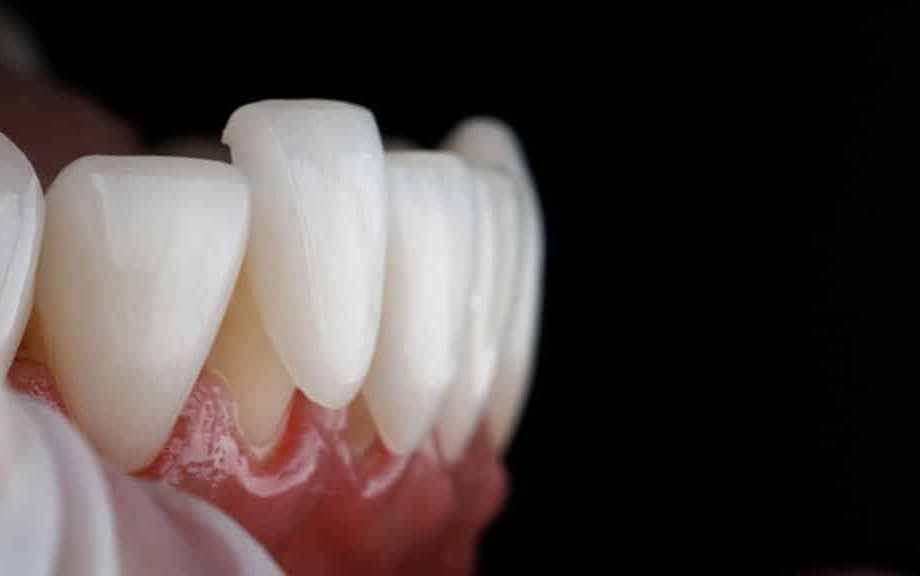Patients often ask, can composite veneers prevent tooth decay? While composite veneers are primarily used for Composite Veneers Treatment, they do offer some protective benefits for the underlying teeth. These thin layers of resin material bond to the front surface of your natural teeth and can cover small cracks, chips, and worn enamel, potentially reducing exposure to harmful bacteria. However, it’s essential to understand that veneers are not a cure for decay—they must be maintained with excellent oral hygiene to help prevent dental issues from developing beneath or around them.
How Composite Veneers Cover and Protect Teeth?
Composite veneers act as a shield over the front of the tooth, providing a smooth, sealed surface that may help protect vulnerable areas. While they don’t make your teeth invincible, they can reduce the likelihood of decay in specific scenarios.
Protective benefits include:
Covering minor enamel defects or erosion
Sealing small cracks or chips that could harbor bacteria
Creating a smoother surface that’s easier to clean
Reducing sensitivity in exposed or worn areas
That said, the material only covers part of the tooth, meaning other surfaces are still susceptible to decay if not cared for properly.
Understanding the Limitations of Veneers Against Decay:
While composite veneers can contribute to an overall healthier-looking smile, they are not a substitute for proper dental care. Tooth decay can still occur around the edges of the veneer or on the back of the tooth, where the composite doesn’t extend.
Why veneers don’t fully prevent decay:
They do not protect the entire tooth, only the front surface
Poor bonding or aging veneers may allow bacteria to seep underneath
Improper oral hygiene can lead to plaque buildup around the veneer margins
Gum recession may expose vulnerable tooth areas over time
Regular dental visits are essential to ensure that veneers remain securely bonded and that no decay develops in the exposed areas.
The Importance of Oral Hygiene with Composite Veneers:
To maximize the longevity of your veneers and prevent tooth decay, maintaining good oral hygiene is absolutely crucial. The veneer material itself does not decay, but the natural tooth behind it can become compromised without proper care.
Effective care tips include:
Brushing twice daily with fluoride toothpaste
Flossing gently around veneer margins to prevent plaque buildup
Using an antibacterial mouthwash to kill lingering bacteria
Scheduling professional cleanings every six months
Avoiding overly hard or sticky foods that could damage the veneers
Neglecting oral hygiene can result in decay forming near the gumline or between teeth, which may compromise both the veneer and the tooth.
Can Composite Veneers Help Manage Early Decay?
In some cases, dentists may recommend composite veneers to manage mild enamel wear or early signs of decay, particularly for cosmetic purposes. While veneers don’t remove decay, they can restore aesthetics and reinforce weakened areas once any active decay is treated.
How they’re used post-treatment:
Rebuilding tooth structure after enamel loss or decay removal
Providing a cosmetic solution after cavity repair
Improving resistance to further wear in high-risk areas
Enhancing the appearance of previously filled or stained teeth
Composite material can be molded and polished to restore a healthy appearance, but it must be applied to a clean, decay-free surface.
Final Thoughts on Veneers and Decay Prevention:
So, can composite veneers prevent tooth decay? They can contribute to a healthier oral environment when used appropriately and maintained well, but they are not a complete defense against decay. Think of them as one part of a broader dental care strategy.
To ensure your veneers support dental health:
Combine them with consistent oral hygiene practices
Monitor veneer integrity during regular dental exams
Address any signs of decay or gum disease early
Maintain a tooth-friendly diet low in sugar and acid
When used as part of a comprehensive care routine, composite veneers can enhance your smile while offering modest protection against wear and bacterial exposure. However, their success in preventing decay ultimately depends on how well you care for your entire mouth.


 :
: